Is Bangladesh prepared for Google Pay's digital leap?
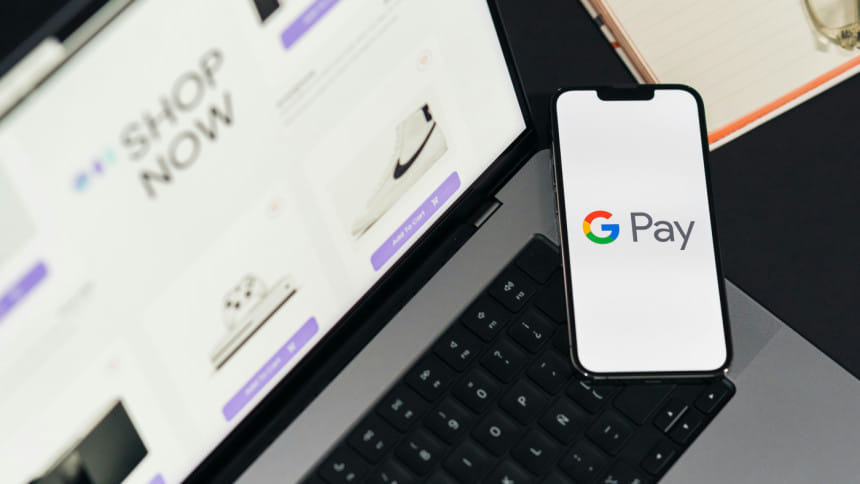
It wasn't too long ago when the idea of standing in line at Sonali Bank for hours just to pay a tuition fee or sending money via a kiosk machine was considered normal. Fast forward to 2025, and Bangladesh is on the cusp of welcoming Google Pay, the tech giant's digital wallet platform. For a country inching toward full-scale digitisation, the timing couldn't be better. But does this shiny new probable arrival mean an actual upgrade to our day-to-day lives, or just another app fighting for space on our already bloated smartphones?
So, what's the hype?
At first glance, Google Pay (technically Google Wallet) sounds like another digital wallet. You store your card details, maybe a bus pass, tap to pay at shops, and transfer money to friends or family. But the beauty lies in its seamless integration. Google Pay isn't just a wallet — it's tied into your smart device like an extension of your hand.
For urban Bangladeshis who are already living through a digital-first lifestyle — ordering groceries on apps, streaming films, even booking blood tests online — this could make everyday transactions as easy as unlocking your phone. Google Pay has the potential to bridge gaps between different banking systems, consolidate loyalty cards, and eventually eliminate the need to carry a wallet altogether.
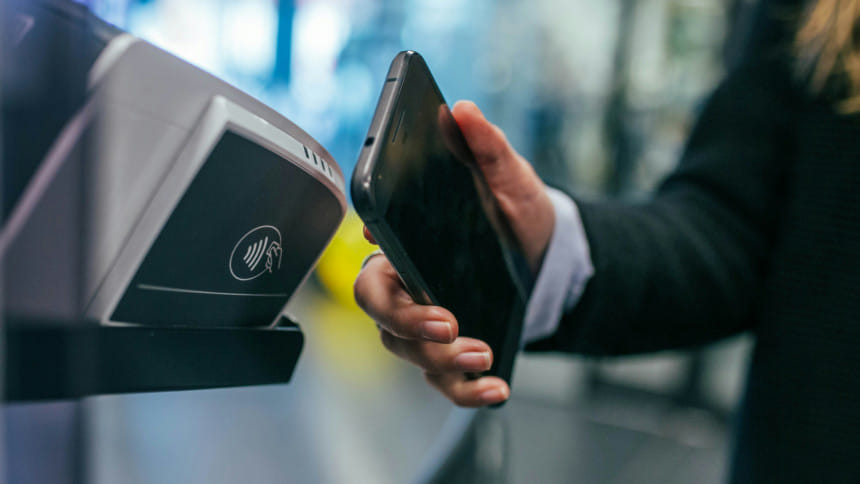
Fun fact: In countries where Google Pay is fully functional, you can even use it to store boarding passes, cinema tickets, and your vaccine certificate. Imagine walking into Hazrat Shahjalal with just your phone—no printed itinerary, no ID cards, no panic.
But what if someone mugs me?
Here's where things get serious. Mugging is not an urban myth. It's a lived reality for many in major cities. And with a fully loaded Google Pay sitting inside your phone, it's natural to panic.
The good news? Google Pay has multiple layers of security. Biometric logins, PIN locks, and remote wipe options via Find My Device, which means that your money will remain accessible even if your phone is lost or stolen. The system doesn't store your actual card numbers on the device — it uses virtual tokens, so even if someone tried to make a transaction, they'd still need your fingerprint or face ID.
Still, there's room for local adaptation. If Google Pay does launch in Bangladesh, the framework needs to ensure that telecom operators, banks, and law enforcement are looped in. Emergency hotlines should allow users to suspend wallets instantly. An SMS-based kill switch — think "STOP GPay" to 6969 — could save people more than just their balance.
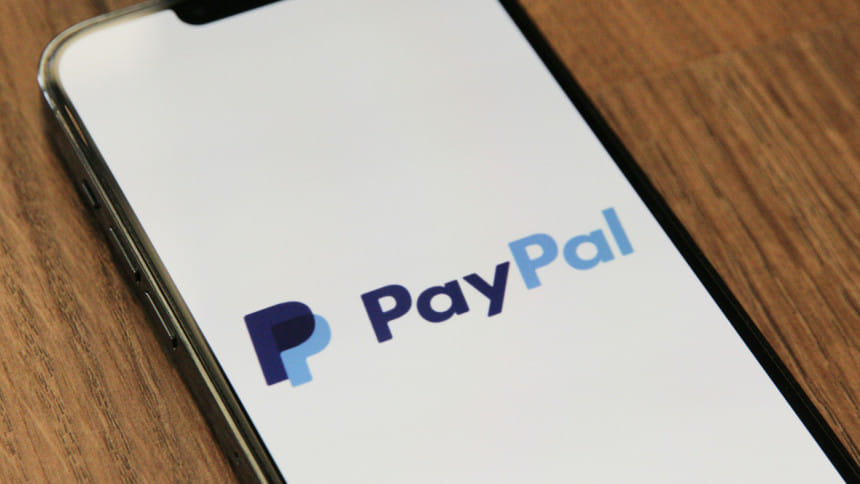
What about PayPal?
It's a fair question. PayPal is often viewed as the OG of online payments, especially by freelancers and remote workers who've been begging for its full functionality in Bangladesh for years. Unlike Google Pay, which is focused on NFC payments, in-store purchases, and peer-to-peer transfers, PayPal excels at cross-border payments. You invoice a client in Toronto, they pay in dollars, and you withdraw to your local bank. Simple.
Google Pay, on the other hand, is more lifestyle-focused. It's built for everyday utility — buying coffee, splitting restaurant bills, booking Ubers. So, comparing the two is a bit like comparing a Swiss Army knife to a screwdriver. Both are useful, just in different ways.
If Bangladesh is smart about it, both platforms can exist in harmony. PayPal could become the go-to for the country's growing freelance economy, while Google Pay could dominate retail and everyday transactions. One helps you earn, the other makes it easier to spend.
What if there's an internet blackout?
This is where the magic of convenience starts to crack. If there's one thing we've learnt from recent internet blackouts in Bangladesh — whether due to political unrest or technical 'maintenance' — it's that our digital lives are only as strong as our weakest signal. Google Pay, like most digital wallets, needs internet access for transactions unless it's been configured for offline NFC payments (which again, depends on merchant systems and phone capabilities).
In simpler terms, if the net goes down, so does your access to money. That's a harsh trade-off for ditching cash. And in a country where mobile data isn't always reliable, this isn't just a hypothetical risk — it's a probable one. A failsafe fallback mechanism, like temporary offline authorisations or USSD-based alternatives (how you used Bkash before the app), must be considered if Google truly wants to go mass-market in Bangladesh. In any case, it is always safe to put aside some cash in case of a rainy day.
Final swipe
Will life dramatically change the moment Google Pay hits the Play Store in Bangladesh? Probably not overnight. But over time, it could nudge us closer to a cashless, cardless economy. It could simplify how we shop, travel, gift, and even donate. That said, the system will only be as strong as the infrastructure supporting it — robust internet, secure protocols, and responsive support. Because at the end of the day, no one wants to be the person stuck at the cashier, phone in hand, and no signal in sight. Until then, charge your phones, set your PINs, and maybe keep a few Tk 100-500 notes in your sock. Just in case.

 For all latest news, follow The Daily Star's Google News channel.
For all latest news, follow The Daily Star's Google News channel. 




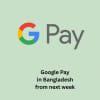


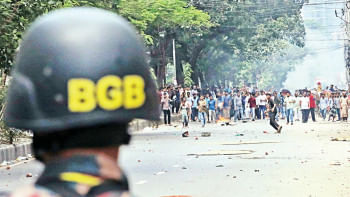
Comments